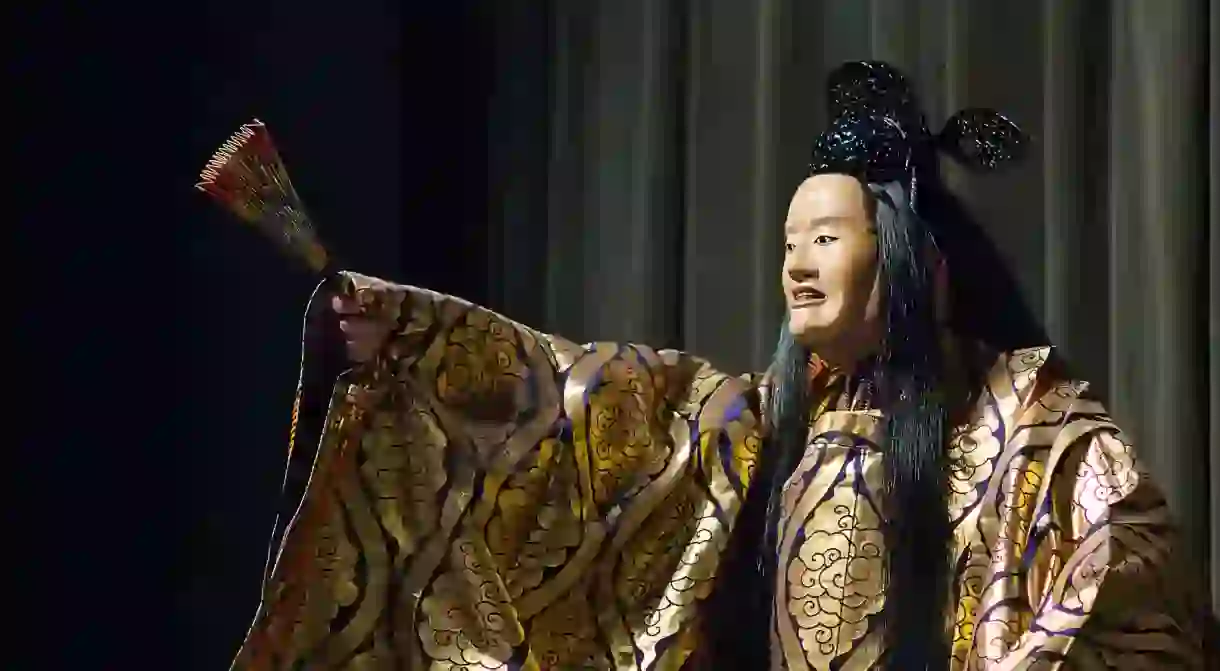The Best Performing Arts Theaters in Tokyo

Whether you prefer classical Japanese dramas or contemporary plays, you’ll want to be front and center at these performing arts theaters in Tokyo.
Kabuki-za
Theater
Kabuki-za in Ginza is the primary kabuki theater in Tokyo. Kabuki is highly stylized, dramatic theater involving elaborate sets, costumes, and makeup along with over-the-top stage antics. While not nearly as popular as it was during the Edo Period, kabuki dance-drama is still an important part of Japanese culture, and many kabuki actors become quite famous. Tickets can be purchased online.
Meiji-za
Theater
Meiji-za was founded before the turn of the 20th century and most recently rebuilt in 1993. This theater features a wide variety of performing arts, from sword fights and geisha dances to kabuki and modern plays.
National Noh Theatre
Theater
The National Noh Theatre is devoted to Noh, a musical dance-drama and the oldest Japanese performance art still being practiced today. The bare stage and distinctive masks used in Noh theater are a defining feature of the genre. Noh and kyogen (a comedic Noh-style play) are usually performed together.
Setagaya Public Theatre
Theater
Setagaya Public Theatre is where you’ll find contemporary plays, dance performances and musical concerts. The theater was designed to adapt to the needs of different performing arts. It’s located in Carrot Tower in Setagaya. Tickets can be purchased online through their website.
National Theatre
Theater

Also known as the National Theatre of Japan, this facility mainly stages traditional Japanese performance arts like kabuki and bunraku, a type of puppet theater. Tickets can be bought online through their website.
Shinbashi Enbujo
Theater
The Shinbashi Enbujo stages kabuki performances as well as modern plays and musicals. They also host geisha dances, which is what the theater was originally built for over ninety years ago. Tickets can be purchased online.
Honda Theatre
Theater
The Honda Theatre is a independent theater devoted to contemporary drama and acting, located in Tokyo’s hip Shimokitazawa neighborhood. With all performances in Japanese and less music, dramatics, and other visual cues, it’s best to have some grasp of the language in order to enjoy these performances more fully.
Asakusa Engei Hall
Theater

The Asakusa Engei Hall is dedicated to rakugo, a comedic storytelling genre that flourished during the Edo Period. These days, the hall also stages similar small stage performance arts like stand-up comedy, paper-cutting (kamikiri), and magic shows.













